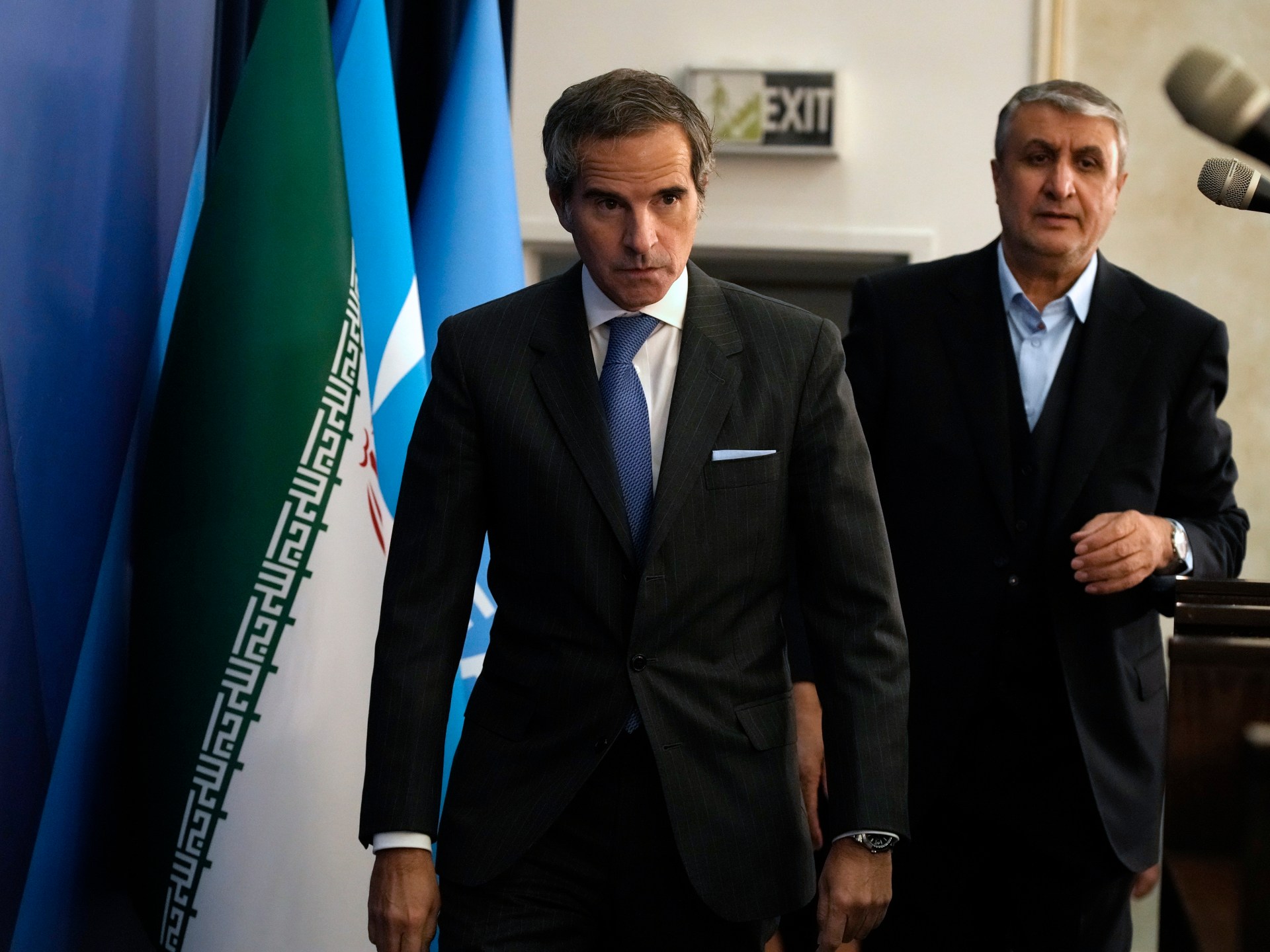

US Secretary of State Antony Blinken has arrived in Jordan, launching a crisis tour of the Middle East following the removal of Syrian President Bashar al-Assad.
The outgoing US diplomat, who is calling for an “inclusive” process to form Syria’s next government that protects minorities, touched down in the Red Sea city of Aqaba on Thursday, heading straight to a meeting with King Abdullah II before a trip to Turkiye later in the day.
Blinken’s trip comes days after opposition forces launched a lightning offensive spearheaded by Hayat Tahrir al-Sham (HTS), a group formerly affiliated with al-Qaeda, ending five decades of brutal rule by the al-Assad family.
Announcing the trip, the State Department said Blinken would call for a Syria that is not “a base of terrorism or posing a threat to its neighbours” – a nod to the concerns of Israel and Turkiye.
Since al-Assad’s flight to Russia on Sunday, Israel has attacked Syria hundreds of times, hitting airports, air defence facilities and other infrastructure, and deploying its military to the buffer zone along the occupied Golan Heights separating Syria and Israel since 1974.
Advertisement
Turkiye, for its part, has funded Syrian rebel fighters – known as the Syrian National Army (SNA) – to battle the Kurdish-led, US-backed Syrian Democratic Forces (SDF), pushing the group out of the northeastern city of Manbij.
Ankara views the SDF, which has carved out self-ruled territory in the country’s east, as a “terrorist” group and wants to reduce its presence near its borders.
Blinken’s diplomatic push on Syria comes as leaders of the Group of Seven (G7) major democracies issued a statement emphasising that al-Assad should be held accountable for his crimes.
In parallel with Blinken’s tour, National Security Adviser Jake Sullivan will meet Israeli leaders in Jerusalem on Thursday and then travel to Qatar and Egypt.
Both Blinken and Sullivan will be trying to make progress towards a deal to end the 14-month war in Gaza and win the release of the remaining captives held there by Palestinian armed group Hamas.
The Biden administration hopes that the recent ceasefire agreement between Israel and Iran-backed Lebanese armed group Hezbollah, combined with the removal of Tehran ally al-Assad could help build momentum towards a Gaza deal after months of unsuccessful diplomacy.
The high-level tours could help shape Biden’s legacy in the Middle East in the last weeks of his term before former President Donald Trump returns to the White House on January 20.
However, it is unclear whether Biden has enough leverage in the region to secure major deals before he leaves office.
Advertisement
Hamas wants an end to the war before the captives are released but Netanyahu has insisted that it reserves the right to carry out military operations. Israel also does not want Hamas to govern Gaza.
Trump warned last week there would be “hell to pay” in the Middle East if captives held in Gaza were not released before his January inauguration.
On Tuesday, White House national security spokesperson John Kirby applied pressure for a deal, saying Hamas was “increasingly isolated” and should realise the “cavalry is not coming to rescue them”.
Related News

China sentences ex-Premier League footballer Li Tie to 20 years in prison

Could RFK Jr, Trump’s presumptive health secretary, ban vaccines?

Burkina Faso, Mali and Niger agree to grace period in ECOWAS withdrawal


